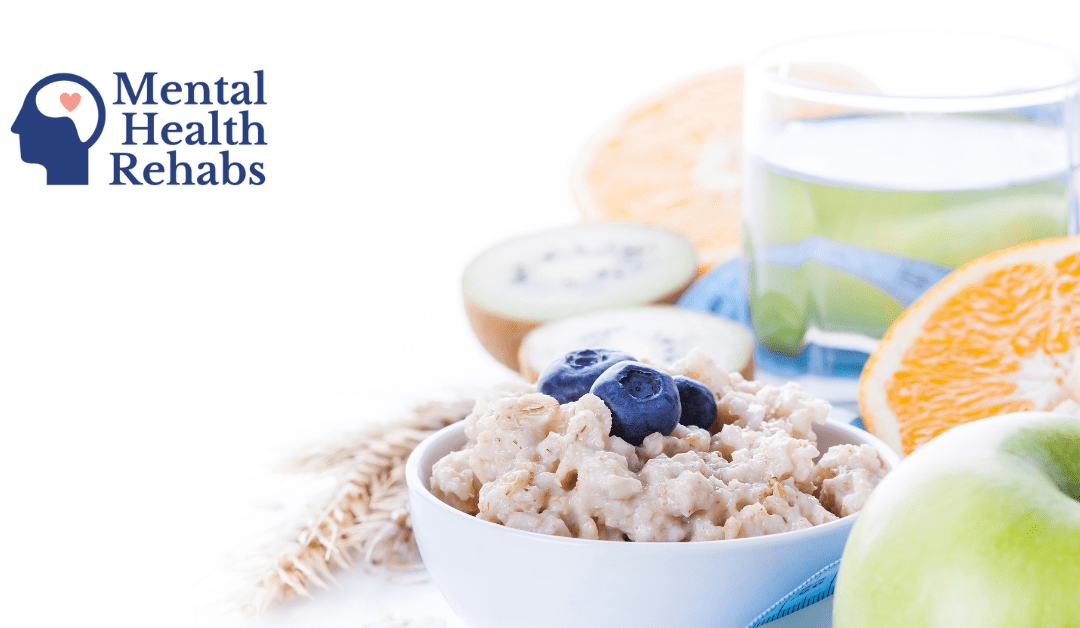The ketogenic diet. The paleo diet. The caveman diet. Juice cleanses. Raw milk. Fruitarianism. Nutritional trends and diets like these are usually born from an effort to improve a person’s health — which can mean pursuing weight loss or eliminating unnatural chemicals and preservatives in foods — but too much of something, even if it’s something that’s supposed to be good for you, can be dangerous. This pursuit of health can often lead to eating disorders if it gets out of control.
The relationship between nutritional trends and eating disorders
Diet culture often promotes a restrictive approach to food, such as eliminating certain foods or food groups, severely limiting calorie intake, or counting macros. The strict rules and restrictions associated with these trends can create an unhealthy preoccupation with food that can quickly become obsessive.
This obsession can become a gateway to a dangerous cycle of disordered eating behaviors. The likelihood of resulting in an eating disorder can be higher if the individual feels that they’re seeing positive results and becomes desperate to maintain their ‘progress.’
Individuals who face higher risk factors of having anorexia nervosa, bulimia nervosa, and binge eating disorder already face a higher likelihood of partaking in these trends and may use nutritional fads to mask restrictive eating, which itself is a symptom of a larger mental illness. Restrictive eating may be used as a coping mechanism to assert a feeling of control over a person’s surroundings.
Signs of disordered eating
Eating disorders are complex mental health conditions that involve a distorted relationship with food and body image. Symptoms of eating disorders can vary from person to person and occur in both women and men — and at any age.
- Obsession with weight and body image
- Strict food rules and avoidance of certain foods or food groups
- Frequent dieting or engaging in restrictive eating patterns
- Binge eating or purging behaviors
- Extreme fluctuations in weight
- Intense fear of gaining weight
- Reluctance to eat around others
Other signs that a nutritional fad isn’t healthy that may be harder to detect:
- Mild anemia
- Muscle weakness
- Brittle hair and nails
- Dry and yellowish skin
- Growth of fine hair all over the body (lanugo)
- Severe constipation
- Low blood pressure
- Slowed breathing and pulse
- Feeling cold all the time
- Lethargy
- Infertility or lack of menstrual cycle (in women)
- Osteoporosis
How to navigate nutritional trends responsibly
Even before the digital age, it wasn’t uncommon for a diet to become massively popular, eventually disproven after a few years, and then have a new fad diet to take its place soon after. But thanks to the ease of social media, which can show content to millions of people in the span of a few hours, nutritional trends have become increasingly popular and, in many cases, even more radical.
Platforms like TikTok, Instagram, and YouTube have become powerful tools for disseminating ideas and a breeding ground for unrealistic body standards and misinformation. Influencers who are not nutrition, fitness, or mental health experts often advise on those exact topics. Some have good intentions but end up promoting harmful diet trends.
Here are some tips to help you make informed choices and navigate these trends responsibly and healthily:
Do your research
Unless you’re being advised on a nutritional trend by your doctor or a licensed dietitian, it’s usually not a good idea to just take someone’s word about what you should or shouldn’t eat. Search reputable and unbiased scientific studies to understand any nutritional trend’s potential risks and benefits.
Listen to your body.
Pay attention to your body’s signals and needs. Are you so hungry you can’t focus? Are you irritable and picking fights with your loved ones? You should ditch a restrictive diet if it negatively impacts your physical or mental well-being.
Talk to a nutritionist.
The best place to get nutrition advice is from a licensed professional. Not only will they be able to protect you from harmful fads, but they can also provide personalized recommendations that work for your body, not someone else’s.
Getting help for eating disorders
If you or someone you know is exhibiting these signs or is struggling with disordered eating, reach out to a mental health professional. Early intervention and treatment can make a significant difference in recovery.
Although the physical symptoms of a nutritional fad may heal, the psychological damage of an eating disorder is not always so neatly resolved. Often, recovery requires overhauling the person’s relationship with food and themselves. Education, awareness, and seeking professional help are essential to maintaining physical and mental well-being.

